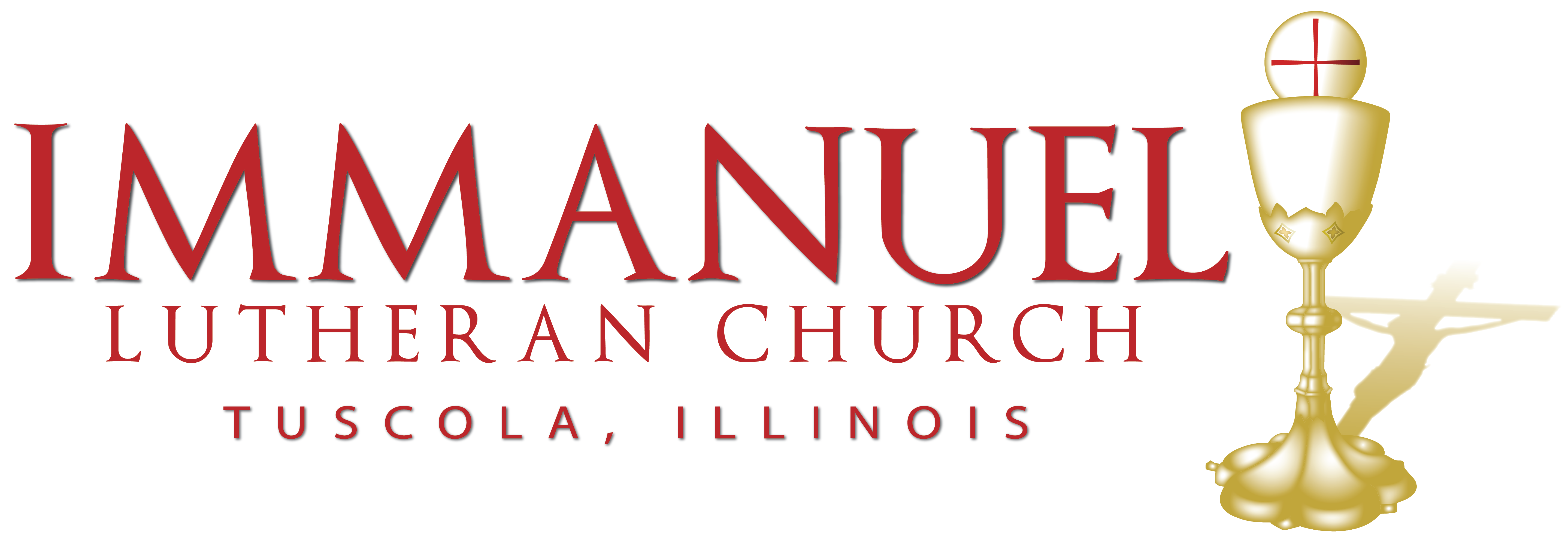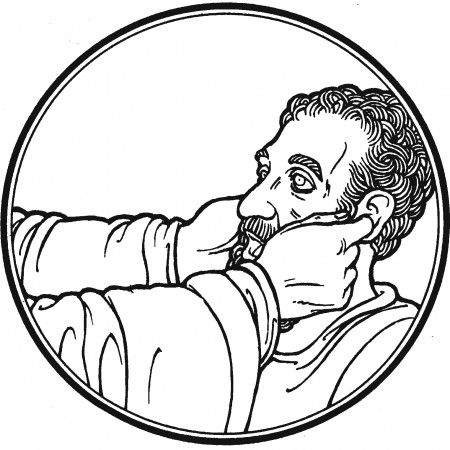The Twelfth Sunday after Trinity
Mark 7:31–37
+ IN NOMINE IESU +
The people who brought the deaf man to Jesus for healing understood that the healing was good. Jesus had opened the man’s ears and loosened his tongue. It was a miracle. They wanted to tell others about it. They did not understand why Jesus told them to be quiet about it so they ignored Him. What harm could come from telling others about the compassionate power of God in Jesus? Such a thing seemed not only victimless but good and even necessary despite the Lord’s command.
But here was the problem. They weren’t telling people that Jesus is the Lamb of God who takes away the sin of the world, they were telling people that He was a miracle worker. It wasn’t heresy but it was misleading. This confusion about who Jesus is, what His mission and purpose are, makes His mission and Ministry more difficult. When He is brought in front of Herod at His trial, that is what Herod wants. He had heard of Jesus performing miracles. He wanted to see a trick.
The real miracle Jesus came to perform is the atonement of the world. He came to reconcile all of humanity back to His Father through His death and resurrection. He came to give His life as a sacrifice and ransom and to rescue us out of Hell. But Herod doesn’t get that. And that might well be the fault of these people who blabbed about the healing of the deaf man when Jesus told them not to.
These things are a warning to us. God’s Word is never arbitrary. When He says don’t tell people, He means it and He means it for our good.
The history of sin is the history of thinking we know better than God’s Word what is good. Eve couldn’t understand the command to not eat the fruit. She could see for herself that it was good for food, pleasing to the eye, and capable of making her wise. Why then not do what she knew to be good since God’s Word and command didn’t make any sense. She did not think she would bring pain, sorrow, and death upon herself and her children. She thought God was wrong about what was good or that God didn’t really understand. So she took matters in her own hands.
Repent. That is what you do every time you sin. You refuse God’s Word for your own wisdom. Eve fell without any extenuating circumstances. She wasn’t hungry or tired. She didn’t have original sin. How much harder is it for us with our corrupting sin and terrible habits?
God’s Law is always good. His Word is always trustworthy. Sometimes, to our fallen reason, it seems contrary to what is good. We are like the friends of the healed man. We think, “What could be wrong with telling people about Jesus healing this deaf man?” When God’s Law seems contrary to what is good, we do best to repent and submit. When we don’t, when we insist on our way, we hurt ourselves and we hurt others. There are no victimless sins. That means white lies and choosing the lesser evil and whatever other things we use to cover up our sins, are dangerous and hurtful. Repent.
But here is comfort for sinners. Despite the glaring imperfections of these people, the Lord had compassion. He healed the man. He didn’t come to just make atonement at some distant point in the future. He came with real compassion. His sigh to heaven comes from His heart. The sorrow and pain of the deaf man moves Him to act even though it will result in making His ministry and mission harder. The fact that they don’t receive His Word, that they take the miracle and run, that they don’t fully understand who He is, does not stop Him or lessen His compassion.
He is the friend of sinners. He has compassion on all who suffer. We are not only criminals, we are also victims. He sighs in sorrow and frustration over our confusion and self-righteousness. He sighs in grief over our sins and self-inflicted pain. He sighs in anger over that which has been done to us by the devil, by our neighbors, and even by our loved ones. Getting involved with us means that we will hurt Him, that we will complicate matters, that we will betray Him in a thousand ways – but it doesn’t matter. He gets involved anyway. He sticks His finger in our ear. He is dirtied by the interaction. He takes our sorrow, our sin, our blame into Himself in order to heal and save us.
He answers imperfect prayers. He abides with sinful men. He is not done with you. Your sins are not enough to drive Him away or disgust Him. He loves you and marches toward Jerusalem for you. This is more astonishing than any other miracle: He is faithful to you even unto death and has risen from the dead in order to bring you to Himself alive and healed on the last day. Indeed, He does do all things well. Amen.



0 Comments